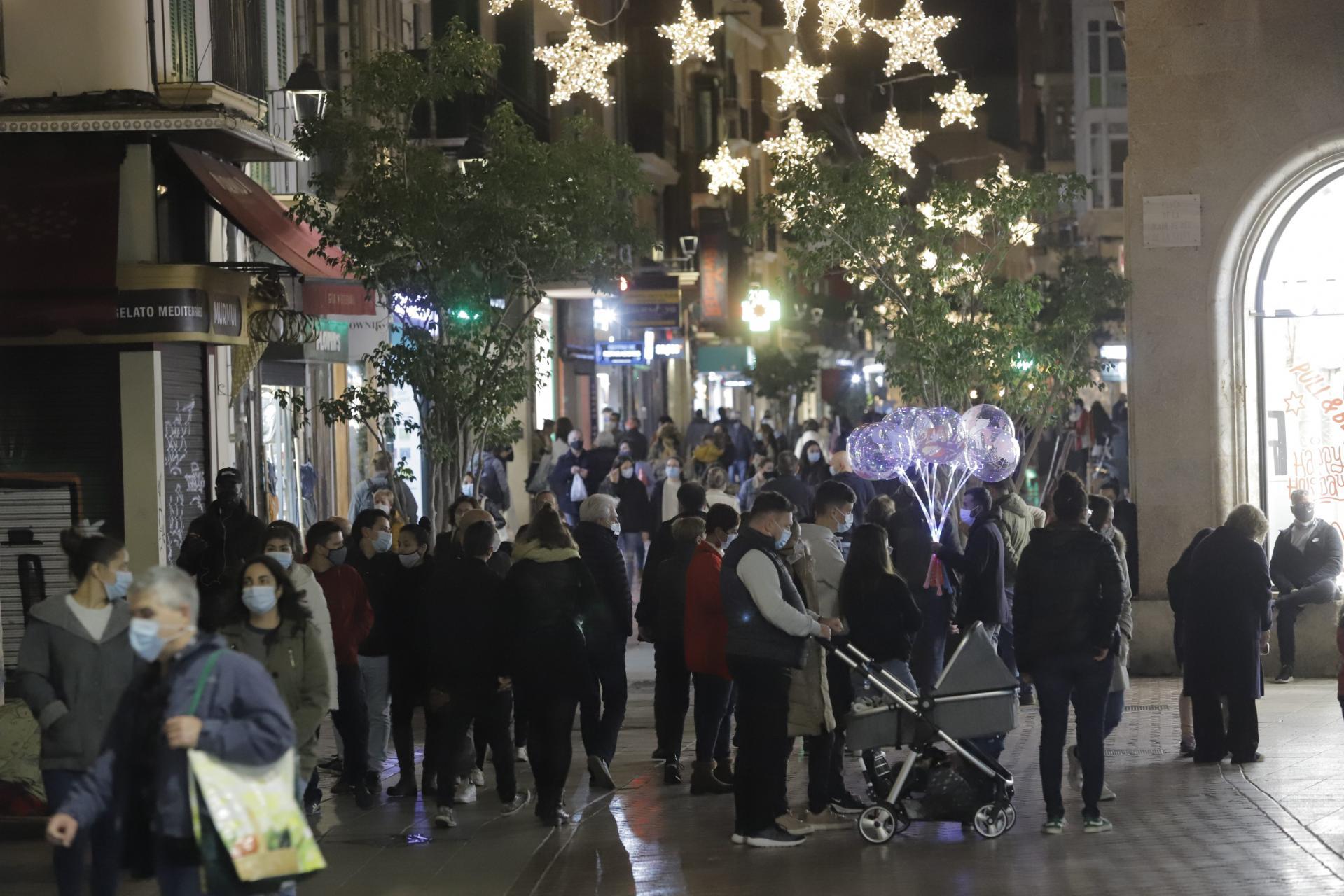The third-quarter report from the Confederation of Balearic Business Associations (CAEB) points to growth of 15.4% compared with the July-September period of 2020. Lower than the Balearic government's figure of 16.7%, the president of the CAEB, Carmen Planas, nevertheless says that both figures confirm that the islands' economy is in an expansion phase. In the second quarter, there was 26.5% growth, the decline for the whole of 2020 having been 20.6%.
In presenting the report, Planas said that she was cautious about the short term because of the "high uncertainty" that prevails. Risks for the economy, such as inflation, are linked to Covid, "which makes it difficult to know when they will disappear".
The current context of rising infections and the emergence of the Omicron variant is generating the uncertainty, and so part of the CAEB's growth forecast for this year has been postponed to 2022. But Planas was confident that with more vaccination and fewer external restrictions, beyond the need for the Covid passport, the impact on the economy will be less than that of previous waves of infections.
Of indicators during the summer months, Planas underlined a positive trend, especially in tourism, which was reactivated through "great efforts to attract international flows of visitors and was supported by the European Digital COVID Certificate (which came into force on 1 July)". Tourism reached around two-thirds of pre-pandemic levels.
Looking ahead, Planas expressed concern about the postponement of investment and possible delays in the allocation of European Union funds. More positively, she noted that private consumption rose by 15.9% in the third quarter. This was despite gathering inflationary pressure.


No comments
To be able to write a comment, you have to be registered and logged in
Currently there are no comments.